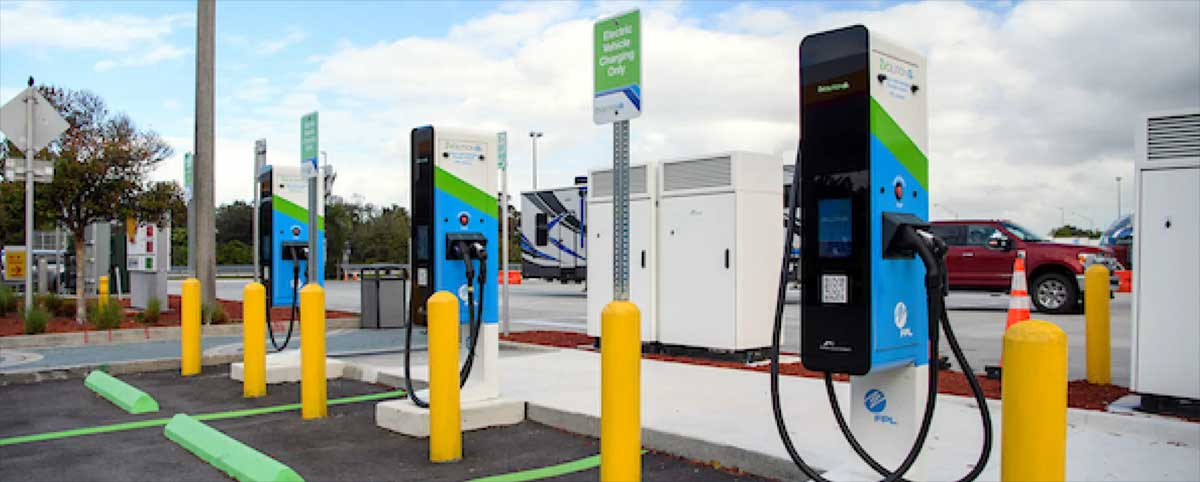Recently, the NFPA Standards Council voted not to issue the proposed Tentative Interim Amendment (TIA) which would have added a new section to the 2021 edition of NFPA 30A (Code for Motor Fuel Dispensing Facilities and Repair Garages) regulating the placement of Electric Vehicle (EV) charging stations at motor fuel dispensing facilities. A TIA generally serves as an emergency recommended amendment to an existing NFPA standard that has not gone through the formal standard revision process. The TIA failed to achieve the necessary support of the Technical Committee on both its technical merit and emergency nature when balloted prior to submission to the Standards Council. As a member of the Technical Committee, EMA submitted a “no” vote on the TIA.
As justification for its vote on the TIA and in public input on the TIA, EMA submitted detailed comments outlining its specific concerns with the proposal including provisions requiring setbacks from excluding property lines, buildings and other areas of a motor fueling facility. These concerns raised the potential for the unintended consequence of excluding motor fueling facilities from the opportunity to be part of the development of an EV charging infrastructure. Instead, EMA urged NFPA to wait to develop a EV charging installation standard during the normal 2024 revision cycle for NFPA 30A rather than through a temporary interim amendment. In this way, marketers would have sufficient time to comment and collaborate with NFPA on the standard so that it does not unduly restrict installation of EV chargers at retail gasoline stations.
NFPA 30A is currently in the midst of the 2024 revision cycle and is accepting public input on the proposed amendments to the 2024 edition of NFPA 30A which include proposed requirements for the installation of EV chargers at motor fuel dispensing facilities. EMA will be submitting comments on the EV charging and other proposals and will continue to work with the Technical Committee to prevent the adoption of overly restrictive requirements for EV charging.


